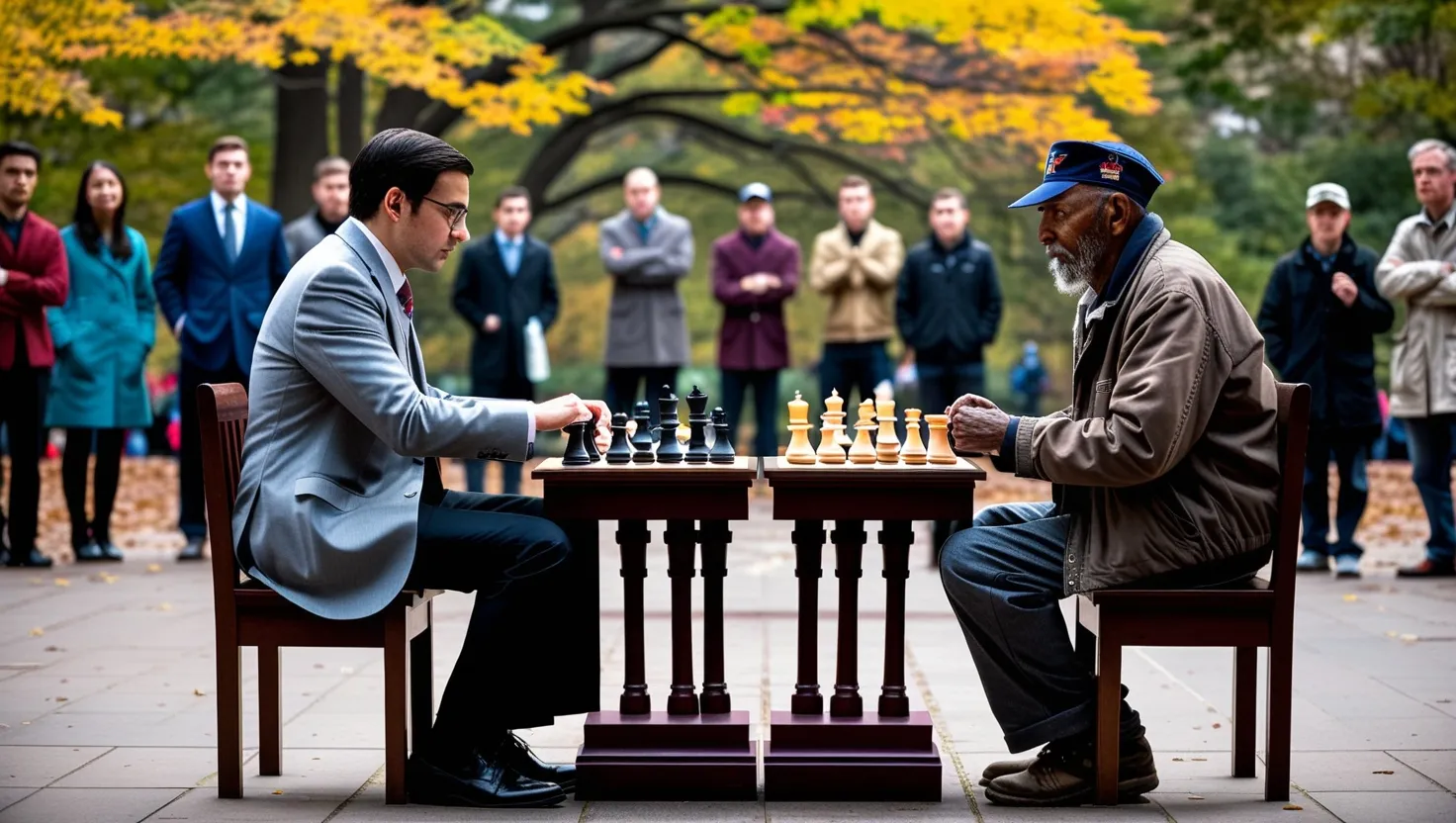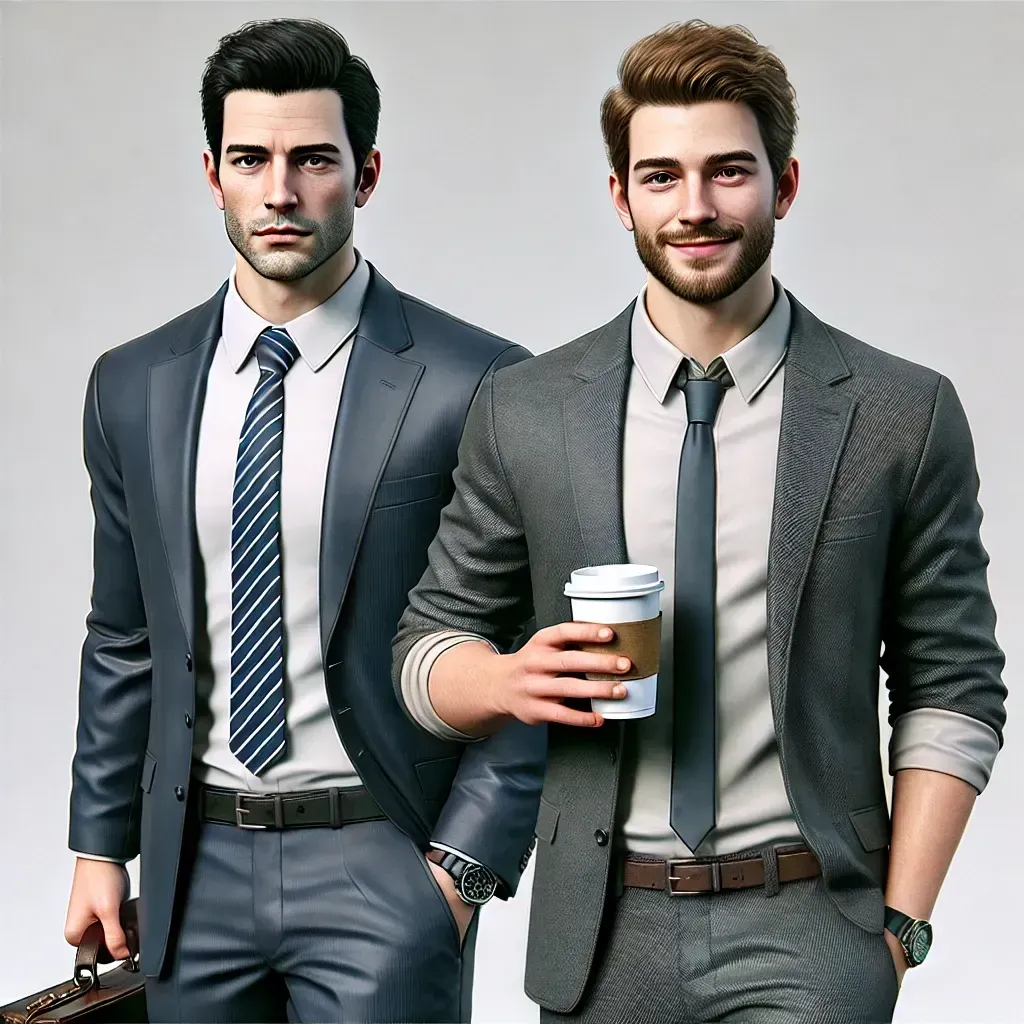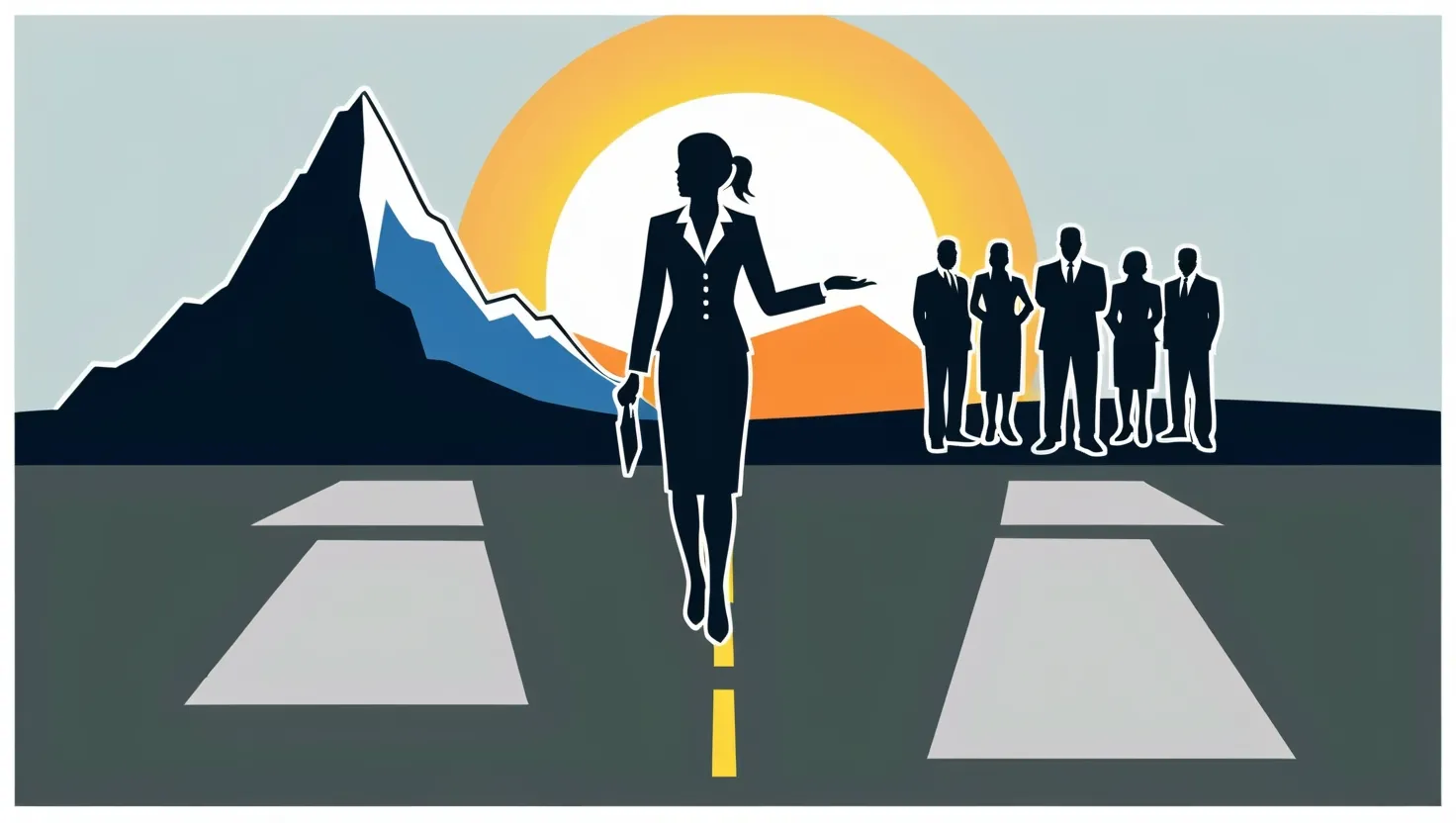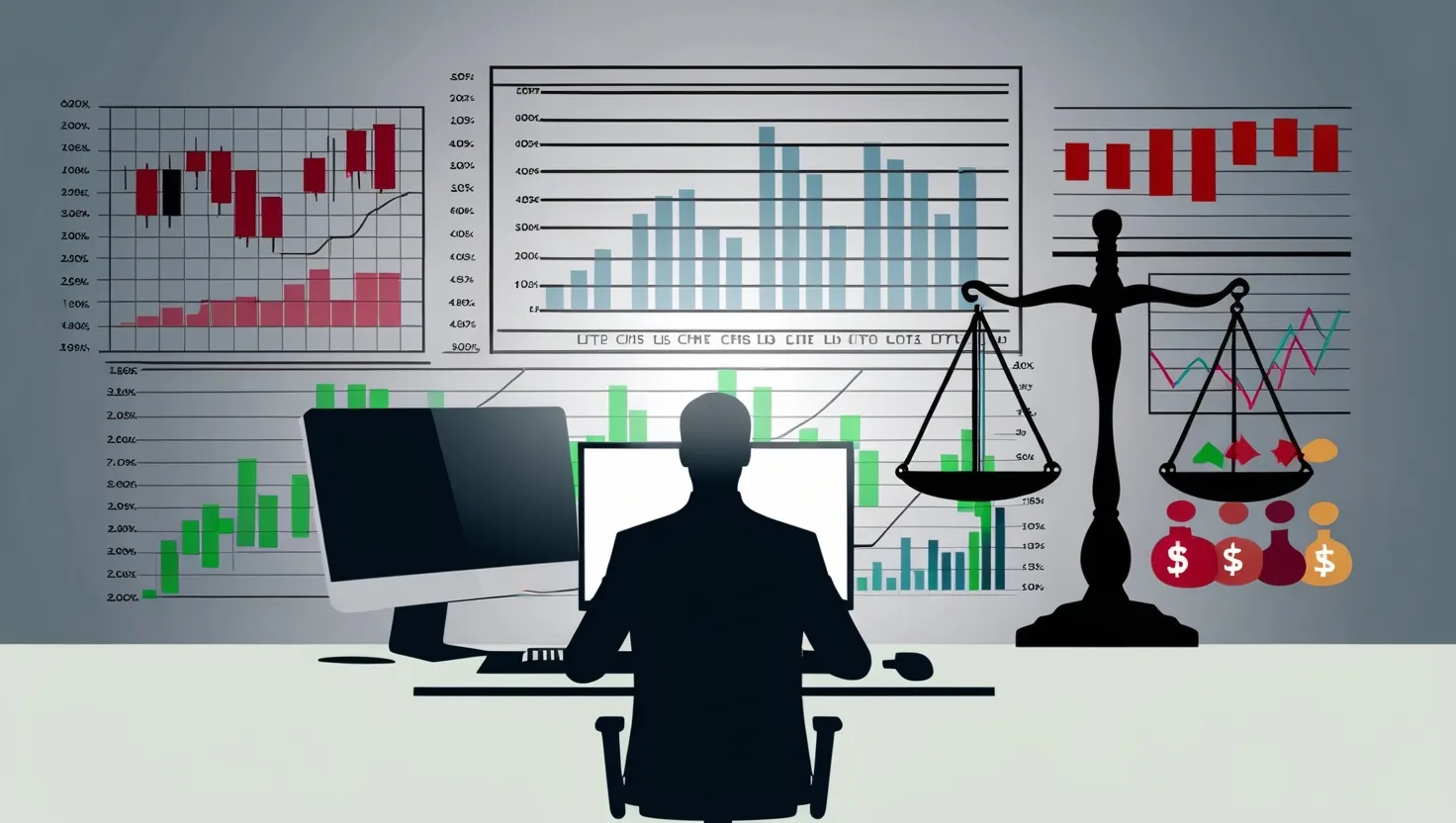As I strolled through Central Park on a crisp autumn morning, I couldn’t help but notice an unusual pair engaged in an intense chess match. On one side of the board sat a disheveled man, his weathered face and tattered clothing hinting at a life lived on the streets. Across from him, a polished executive in an impeccable suit leaned forward, brow furrowed in concentration. The contrast between them was stark, yet they seemed wholly absorbed in their game, oblivious to the curious glances of passersby.
Intrigued, I found myself gravitating towards their table, drawn by the unlikely scene unfolding before me. As I approached, I overheard snippets of their conversation, which ranged far beyond the moves on the chessboard.
“You know, Tom,” the executive was saying, “I’ve always believed that success in chess, like success in life, comes down to making the right moves at the right time.”
The homeless man - Tom, I presumed - chuckled softly. “That may be true, John, but it’s a lot easier to make the right moves when you start the game with all your pieces intact.”
I couldn’t help but smile at Tom’s astute observation. It seemed this chess match was serving as a metaphor for something much larger.
John considered Tom’s words for a moment before responding. “You make a fair point. I suppose I’ve been fortunate in that regard. But surely skill and strategy play a role as well?”
“Oh, absolutely,” Tom agreed. “But when you’re constantly in survival mode, it’s hard to think beyond your next move. Long-term strategy becomes a luxury you can’t afford.”
Their exchange reminded me of a quote by Helen Keller: “The highest result of education is tolerance.” Here were two men from vastly different worlds, finding common ground over a game of chess. I wondered what other insights they might share if given the chance.
As if reading my thoughts, John leaned back in his chair and asked, “Tom, if you don’t mind me asking, how did you end up in this situation?”
Tom’s eyes remained fixed on the chessboard as he replied. “It’s a long story, but the short version is that I served two tours in Afghanistan. When I came back, I struggled to readjust. PTSD, job instability, a divorce… one thing led to another, and before I knew it, I was out on the streets.”
John nodded solemnly. “I’m sorry to hear that. It must be incredibly difficult.”
“It is,” Tom admitted. “But you know what’s even harder? Watching the gap between people like you and people like me grow wider every day.”
This statement seemed to catch John off guard. “What do you mean?”
Tom looked up from the board, meeting John’s gaze. “Have you ever heard of the concept of compound interest?”
John’s eyes lit up. “Of course! It’s one of the most powerful forces in finance. Why do you ask?”
“Because,” Tom explained, “compound interest works both ways. When you have money, it tends to make more money. When you don’t, debt compounds just as quickly. It’s like a game of chess where one player starts with twice as many pieces.”
I found myself nodding along with Tom’s analogy. It was a simple yet profound way of explaining the mechanics of wealth inequality.
John seemed to be considering this perspective for the first time. “I’ve never thought about it that way before. But surely there are opportunities for people to improve their situation?”
Tom sighed. “There are, but they’re not always easy to see or access when you’re focused on day-to-day survival. And even when opportunities do come along, without a financial cushion, taking risks becomes much more daunting.”
Their conversation reminded me of another quote, this time from Martin Luther King Jr.: “The arc of the moral universe is long, but it bends toward justice.” I couldn’t help but wonder: in a world of increasing wealth disparity, how could we ensure that arc continued to bend in the right direction?
As if sensing my unspoken question, John asked, “So what’s the solution? How do we level the playing field?”
Tom pondered this for a moment before responding. “Education is part of it. Financial literacy should be taught in schools from an early age. But we also need systemic changes - better support for veterans, more affordable housing, a living wage. And perhaps most importantly, we need people like you to recognize the advantages you’ve had and use your influence to create more opportunities for others.”
John nodded slowly, a look of determination crossing his face. “You’ve given me a lot to think about, Tom. I appreciate your honesty.”
As their game neared its conclusion, I found myself reflecting on the unexpected wisdom I’d gleaned from this chance encounter. It struck me that perhaps the first step towards addressing wealth inequality was fostering more conversations like this one - bridging the divide between different socioeconomic groups and encouraging empathy and understanding.
The game ended in a draw, which seemed fitting given the balanced exchange of ideas I’d witnessed. As they shook hands, John reached into his pocket and pulled out a business card.
“Tom, I have some connections at a veteran’s support organization. If you’re interested, I’d like to put you in touch with them. They might be able to help with housing and job placement.”
Tom’s eyes widened in surprise. “That… that would be incredible. Thank you.”
As John gathered his things to leave, he paused and turned back to Tom. “You know, I came here today thinking I might teach you something about chess. Instead, you’ve taught me far more about life. Thank you for that.”
Tom smiled. “That’s the beauty of chess, isn’t it? No matter who you are or where you come from, on the board, we’re all equal.”
As I watched them part ways, I couldn’t help but feel a sense of hope. Perhaps this unexpected friendship, forged over a simple game of chess, could be the catalyst for real change in both their lives.
What if we all took the time to engage with people outside our usual social circles? How might our perspectives shift? And how could those shifts translate into meaningful action towards a more equitable society?
The encounter left me with more questions than answers, but also with a renewed commitment to fostering these kinds of connections in my own life. After all, as another wise person once said, “The only way to solve the problem of poverty is to solve the problem of wealth.”
As I continued my walk through the park, I found myself looking at my fellow New Yorkers with fresh eyes. Each person I passed had a story, a unique set of circumstances that had led them to this moment. How many potential connections, how many opportunities for mutual understanding and growth, were we missing out on every day?
I realized that addressing wealth inequality wasn’t just about policy changes or economic reforms. It was also about changing the way we interact with one another, about recognizing our shared humanity despite our different circumstances.
The chess game I’d witnessed had been more than just a passing interaction between two strangers. It was a microcosm of the larger societal changes we need to make - fostering empathy, challenging our assumptions, and working together to create a more equitable world.
As I exited the park, I made a silent promise to myself. I would seek out more opportunities for these kinds of meaningful exchanges. I would strive to be more like John, using my own privileges and resources to create opportunities for others. And I would try to approach life more like Tom, with resilience, wisdom, and an openness to unexpected connections.
After all, isn’t that what life is really about? Not accumulating wealth or status, but building relationships, sharing knowledge, and working together to create a world where everyone has a fair shot at success?
As I headed home, I felt a renewed sense of purpose. The game of life, like chess, is complex and often unpredictable. But with empathy, understanding, and a willingness to learn from one another, we can all become better players - and perhaps, in the process, create a more just and equitable world for everyone.






